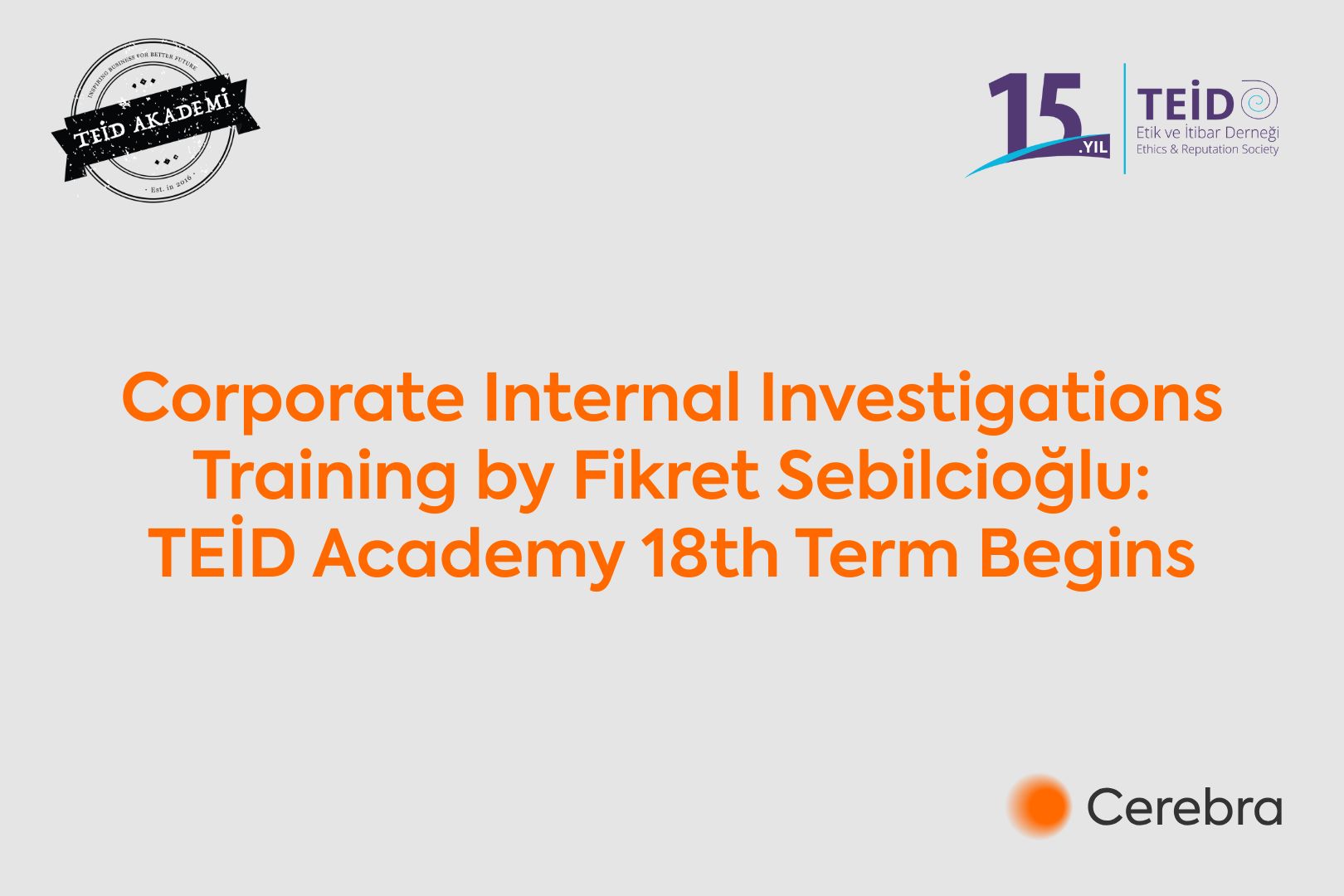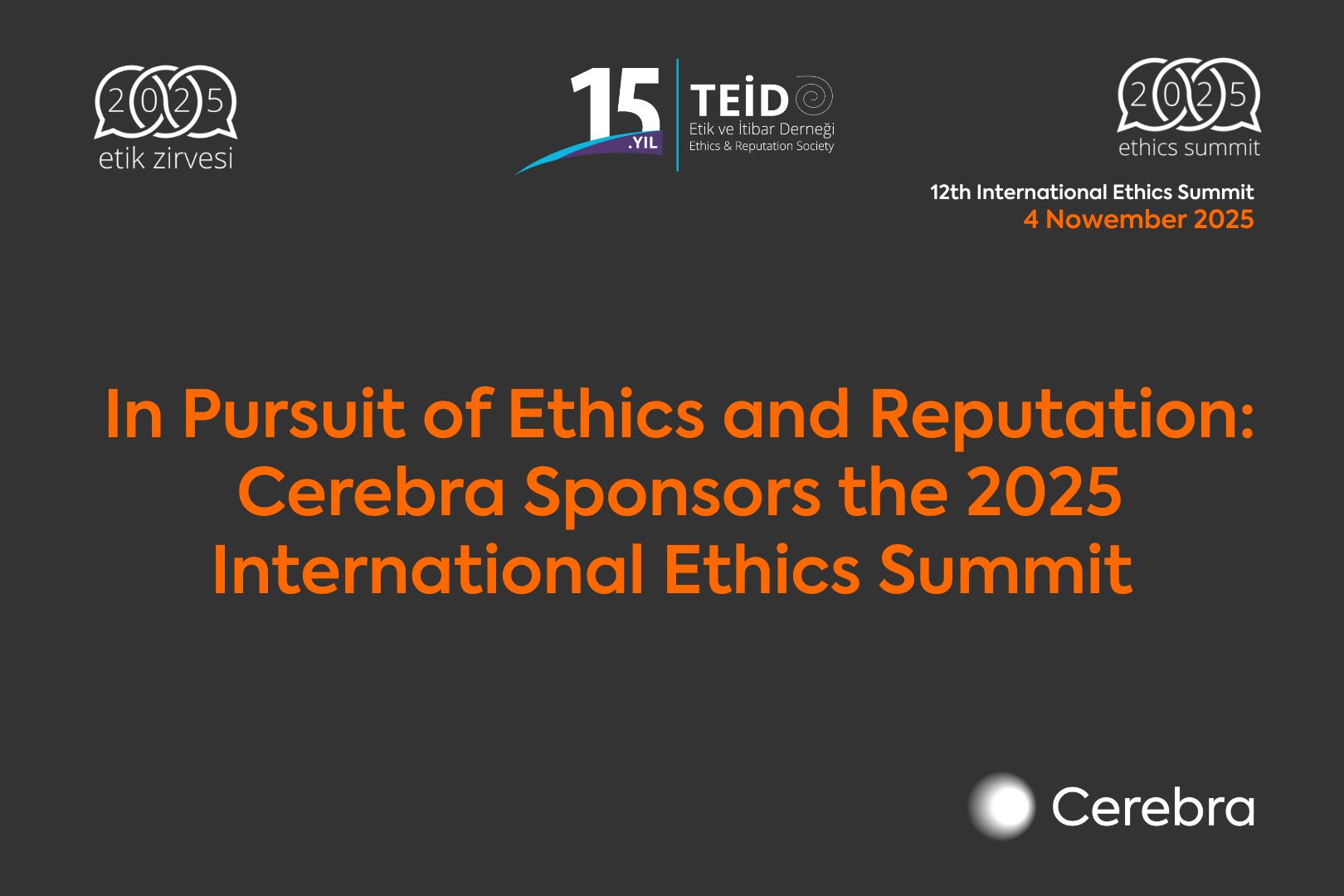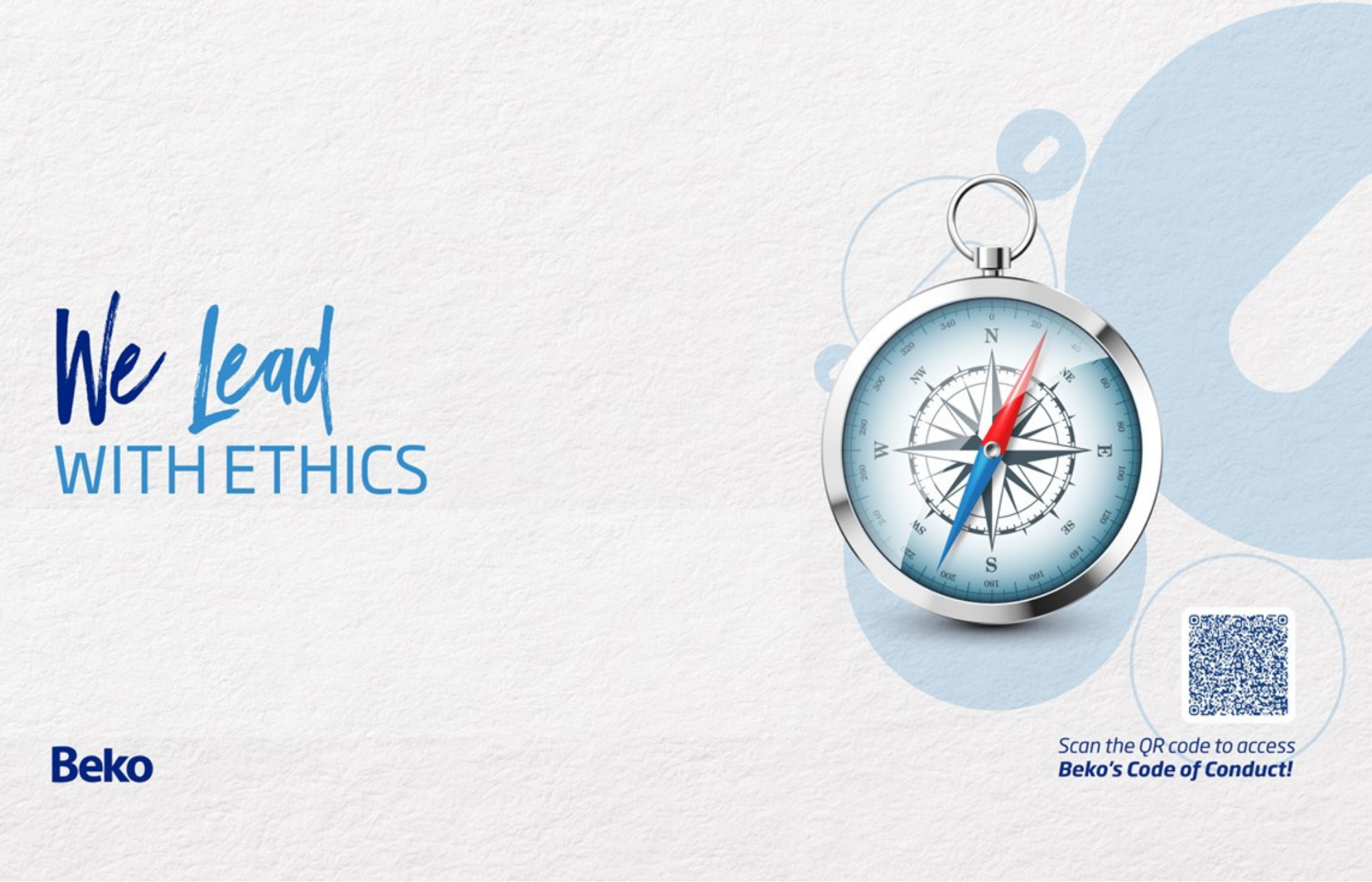
Fake Documents, Real Threats: Time to Take Action for Trust
Alihan Tuncel, Serhat TümüklüTürkiye Shaken by Fake Document Crisis
As of August 2025, Türkiye is in the midst of a storm of forged documents. Fake diplomas infiltrating the e-Government system, fraudulent electronic signatures, and fabricated certificates have made national headlines. From mainstream media to social media, one question dominates public discourse: “Who can we trust?”
This crisis has put the entire business community on high alert, not just public institutions or a few individuals. From HR specialists to senior executives, everyone is questioning whether their organizations might be at risk. The issue is no longer just about detecting fake documents—it’s about rethinking how we safeguard trust, authenticity, and corporate reputation.
Real or Fake?
A comment I came across on social media recently caught my attention:
“I’m interviewing a recent graduate—how can I be sure their diploma isn’t fake?”
At first, it sounds exaggerated. But then you read the news… Fake diplomas recorded in the e-Government system, individuals entering public databases with forged e-signatures, fabricated “university-certified” documents. It’s like something out of a dystopian scenario.
Türkiye’s August 2025 fake diploma scandal has shown just how vulnerable digital document systems can be. Forged diplomas, licenses, and e-signatures reflected in the e-Government system pose serious threats to both career credibility and personal trustworthiness.
Once, “Which university did you attend?” was all you needed to ask. Today, the hidden follow-up is: “Can you prove that?”
The recent investigation revealed that the problem stemmed not only from a handful of counterfeiters but also from negligence at various points in the system. Authorized e-signature providers, digital certificate issuers, e-Government portals—all are links in the chain. And institutions that failed to implement adequate controls became its weakest links, paving the way for fraud.
Redefining Trust in Recruitment
Picture an HR professional. They have a résumé, a few reference letters, and a diploma in hand.
They’re trying to select the best candidate for the role—but now they must also ask, “Is this a real person with genuine credentials?”
Digital convenience unfortunately creates opportunities for fraudsters. A fake certificate, prepared in minutes online and formatted as a polished PDF, can easily mislead even experienced HR professionals.
It’s important to remember that fake documents put not only individuals at risk but also the reputation of the organization.
Trust Is No Longer a Luxury
An employee hired with forged credentials can cause significant damage before their lack of qualifications is even noticed. The risk is even greater for managerial roles, where responsibilities extend
beyond individual tasks to leading teams and managing high-budget decisions.
That’s why résumé verification is no longer a luxury—it’s a fundamental security measure.
Building a Culture of Prevention
No one wants to become paranoid, but prevention is the foundation of trust.
Verifying a document, a reference, or a past experience safeguards the future of both employer and candidate. Honest applicants, after all, also need a fair and level playing field.
Of course, carrying out all these checks independently is not always possible. This is where objective, impartial, and reliable third-party expertise becomes invaluable.
We at Cerebra recognize that CVs and interviews alone can no longer form the basis of sound recruitment decisions. Our process involves an in-depth evaluation of a candidate’s profile, including document authentication, reference verification, character review, cultural compatibility, and risk assessment.
Let’s remember—building trust is only possible with accurate information.






